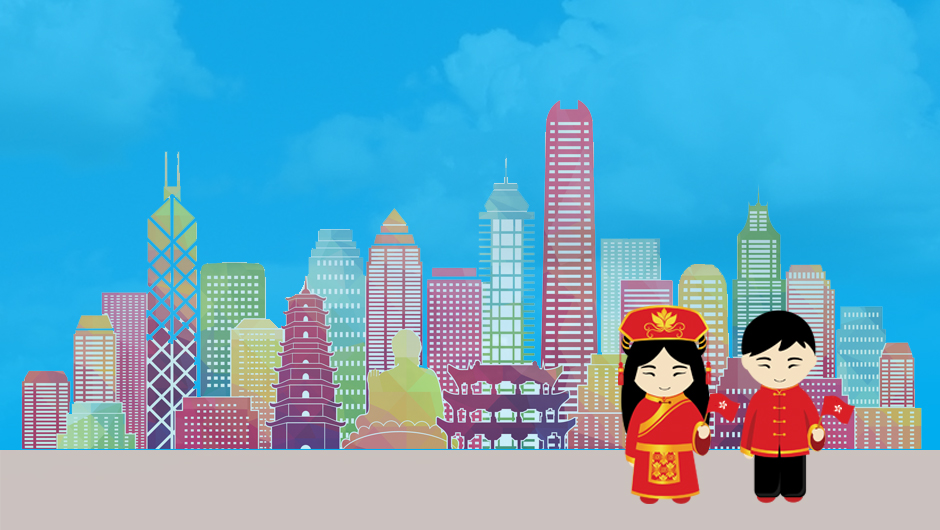Hong Kong's Freedom Journey

Hong Kong’s freedom journey began when it opened its doors to the world – offering opportunities to migrants, and showcasing the benefits of international trade to the global economy.
What is branded as Asia’s World City lives up to its promise of culture, openness, and advancement.
Early adopters
What started out as a fishing village became the center of trade and growth.
Britain utilized Hong Kong’s ports during colonial time to foster trade and develop the economy. During the last decades, utilizing its unique political and geographical position, Hong Kong transformed into a financial, economic, and commercial powerhouse in East Asia. The Hong Kong value of a liberal economic model, embodying open markets and free trade is palpable until today.
The Big Seven
Fortune 500 company JLL, a leading professional services firm that specializes in real estate and investment management, introduced city classifications in 2015. ‘Established World Cities,’ where Hong Kong is categorized, “refer to the most globalized and competitive metropolitan economies with the deepest concentrations of firms, capital, and talent.” Of the Big Seven cities that are found to embrace globalization, demographic change and technological advancement, four are in East Asia. Among them is Hong Kong.
Effective rule of law still allows for business predictability in Hong Kong. Its streamlined bureaucracy similarly ensures ease of doing business. Investment in innovation and the opportunities presented to entrepreneurs further strengthen the city’s economic success. Asia is the century’s biggest changemaker, and Hong Kong is leading the way.
The Promise
Hong Kong was handed over to China on 1 July 1997, and became a Special Administrative Region (SAR). There was a promise of “one country, two systems,” established by the 1984 Sino-British Joint Declaration, an international treaty registered at the United Nations. The blueprint sought to preserve the autonomy of Hong Kong in terms of running its own economy and supporting the judiciary. As a SAR, it shall maintain self-governance except in the domains of national defense and diplomacy.
This pledge has become a point of concern for many observers, as interpretation of the “one country, two systems” model has become more controversial in recent years.
Chinese and the numerous international citizens of the metropolis have not given up hope yet that Hong Kong will remain a space where freedom enables progressive thought and innovation in economy as well as in society.
FNF opened its Global Innovation Hub and Greater China Unit Office in Hong Kong in 2017. It promotes technology as a tool to increase opportunities including for startups that have become the source of disruptive innovation. It also looks into the practicability of smart cities, which pave way for greater freedom of mobility and better governance. Where its office is located, it is easy to discover Drivers of Innovation.